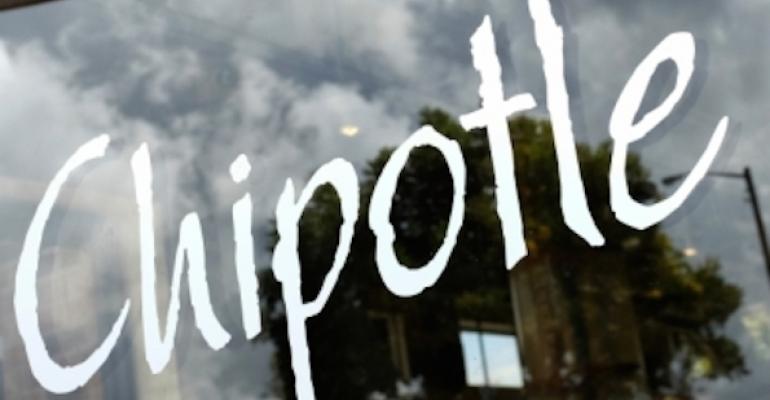 This post is part of the On the Margin blog.
This post is part of the On the Margin blog.
Last year wasn’t good for restaurant stocks and, it seems, this year isn’t starting out much better.
According to the NRN Restaurant Index, stocks fell about 2 percent today along with the steep decline in the broader markets, and have fallen by well over 2 percent so far this year. Over the past month, according to the index, stocks are down by 5 percent.
Thursday’s decline was similar to that for the broader stock indices. The S&P 500 ended Thursday down more than 2 percent amid growing concerns about China’s economy as well as low oil prices.
The Dow Jones Industrial Average was off to its worse start to a year in more than a century, according to Reuters. It’s down more than 5 percent for the year after falling nearly 400 points.
The vast majority of restaurant stocks lost ground Thursday, and many lost big. Ruby Tuesday lost more than 6 percent, falling to a new 52-week low and closing at below $5 per share in advance of the company’s quarterly earnings report.
Kona Grill, Cosi Inc. and Luby’s also lost around 6 percent.
Many chains are trading at or near 52-week lows, including Biglari Holdings, Bob Evans, Cheesecake Factory, Denny’s, Bravo Brio Restaurant Group, Dunkin’ Brands, Fiesta Restaurant Group, Papa Murphy’s, Jamba Juice, Papa John’s, Restaurant Brands International, Red Robin and Zoe’s Kitchen.
That also includes Chipotle Mexican Grill, the one-time Wall Street darling that has been reeling in recent months amid sales concerns and a rash of foodborne illness outbreaks that have now caught the attention of federal criminal investigators.
Chipotle’s stock hit a new 52-week low before rebounding slightly to close at $416 per share.
That’s still a lower point than at any since early 2013 — meaning that Chipotle has lost three years of healthy stock gains in just three months since October.
The recent decline for a lot of restaurant stocks has ended concerns in the sector that it is overvalued, which was a big worry about this time last year amid skyrocketing valuations — particularly for newly public concepts.
That could shift the merger & acquisition market from one that has been focused on taking companies public, to one in which companies are taken private. At the very least, it’s not as friendly a public market as it had been just a few months ago.
Contact Jonathan Maze at [email protected]
Follow him on Twitter at @jonathanmaze

